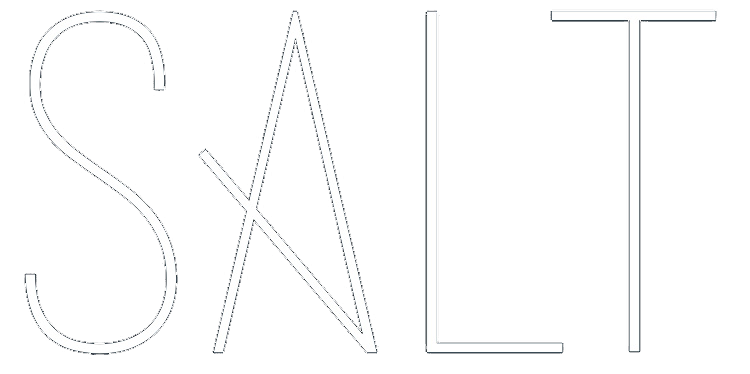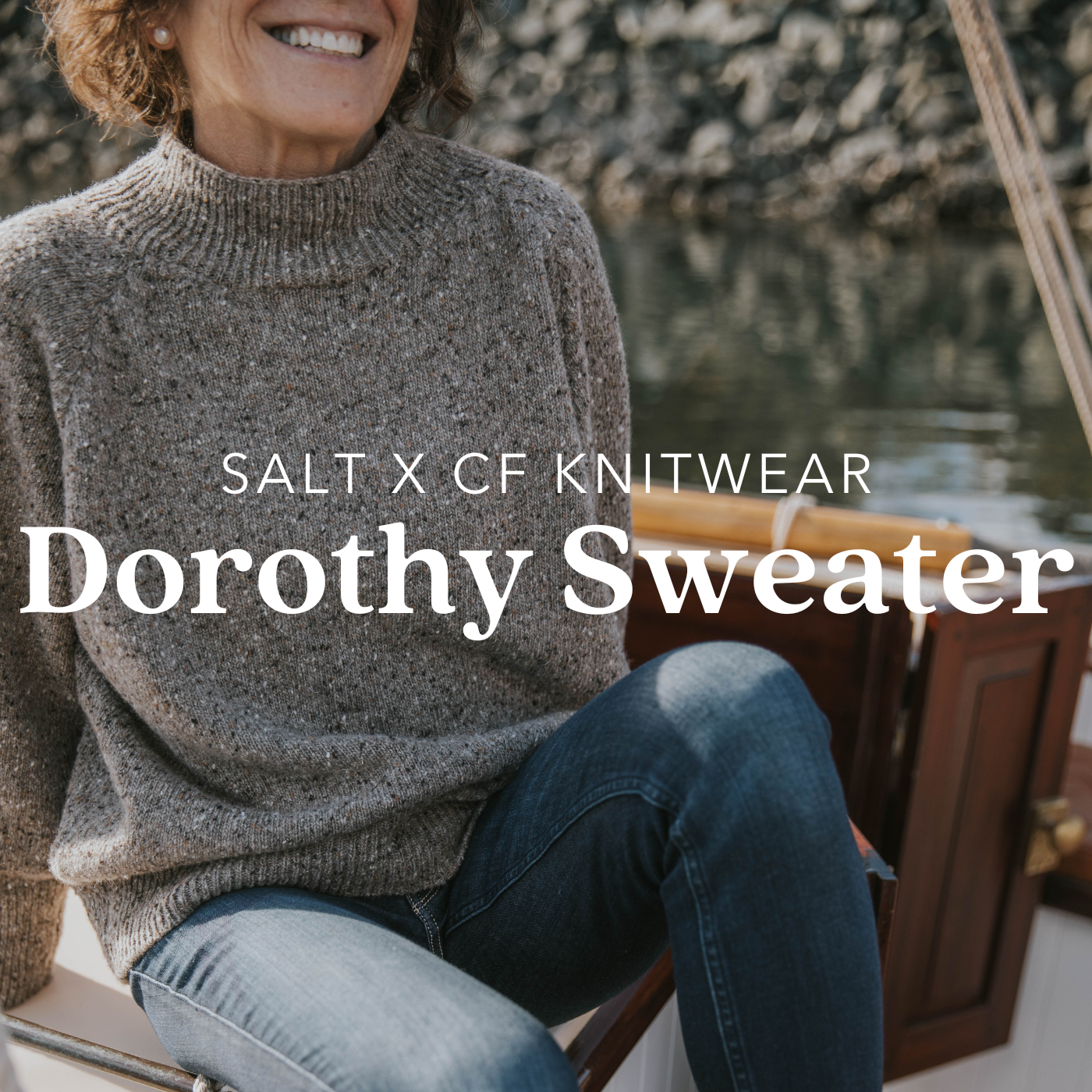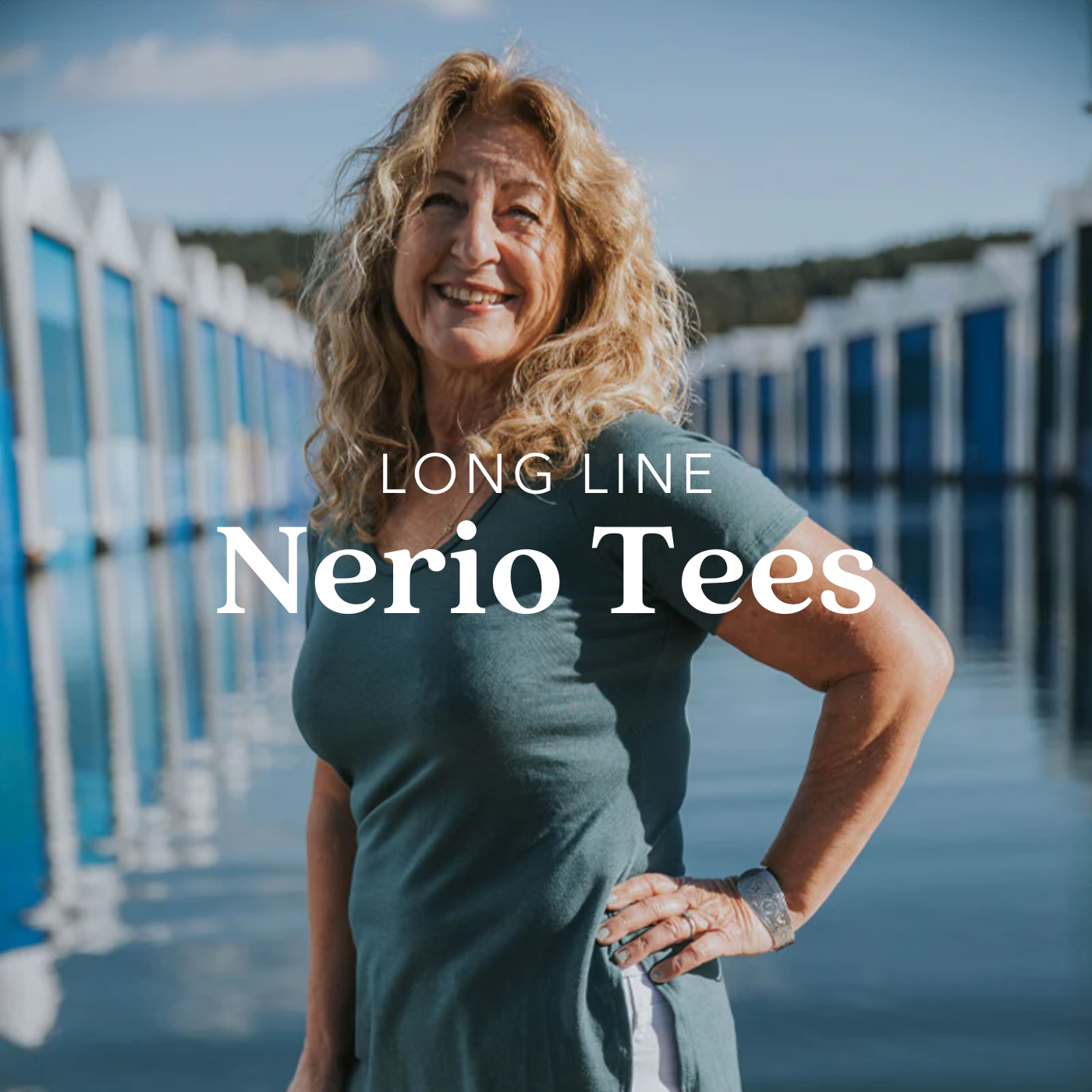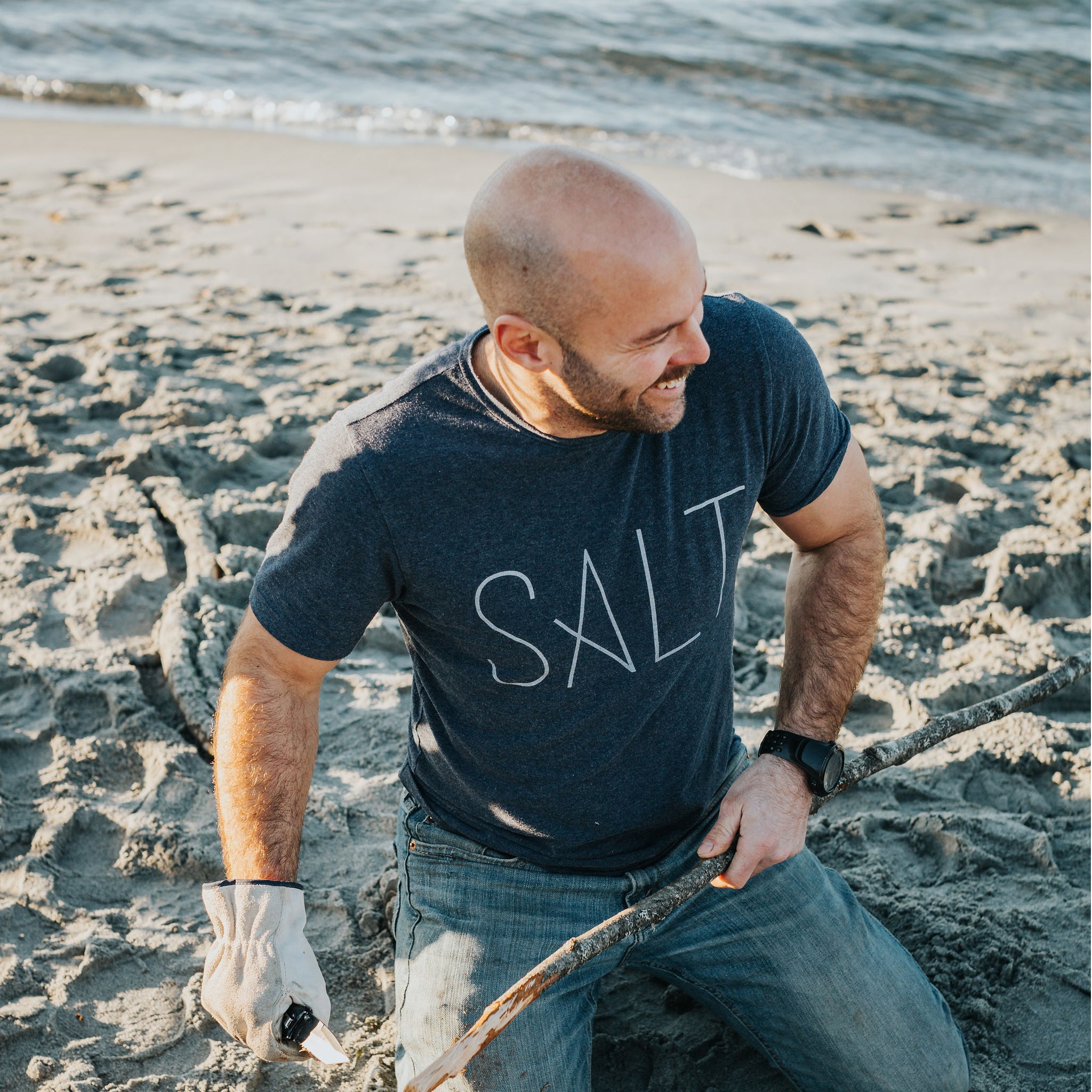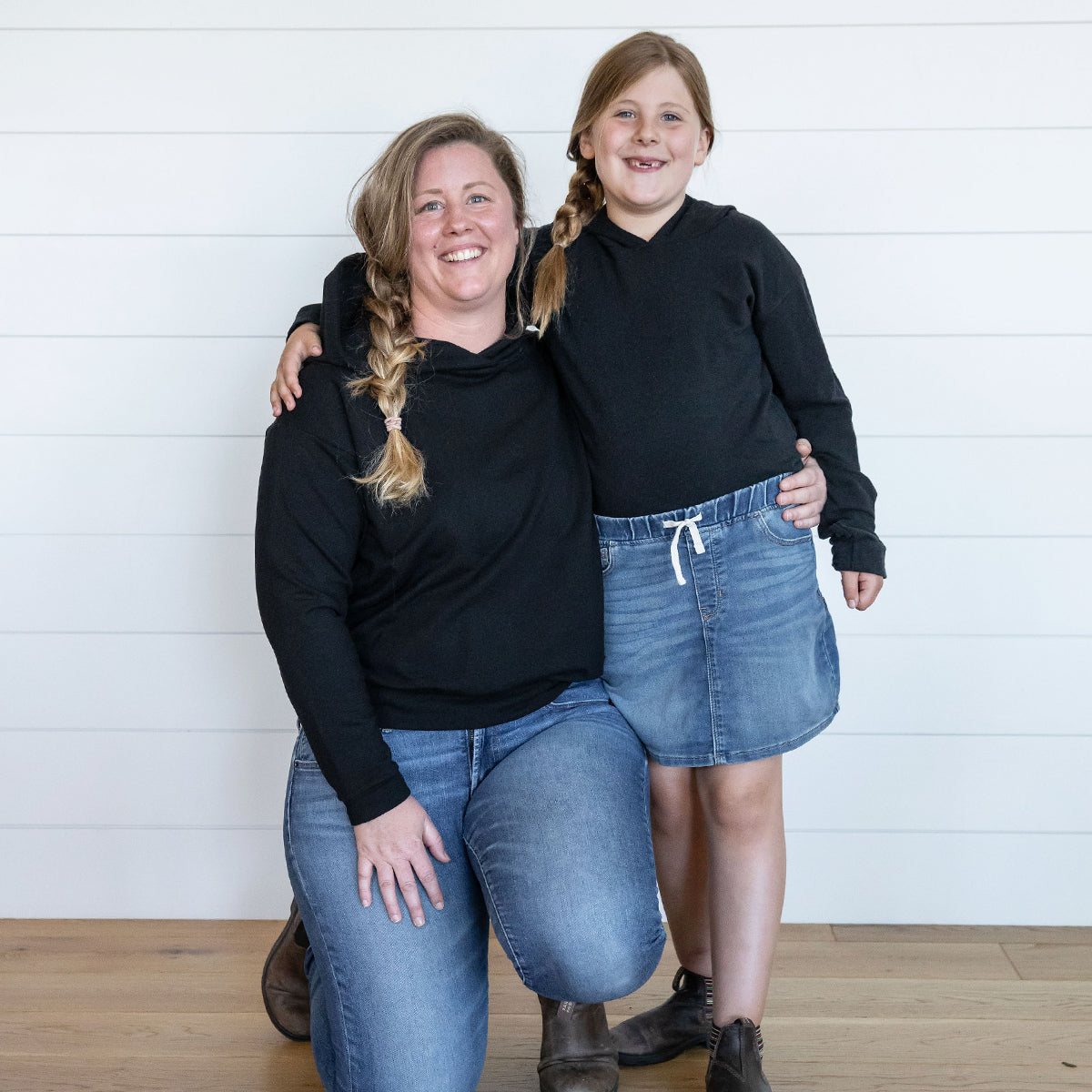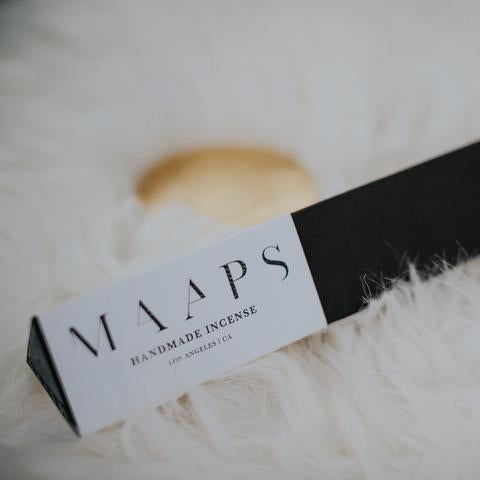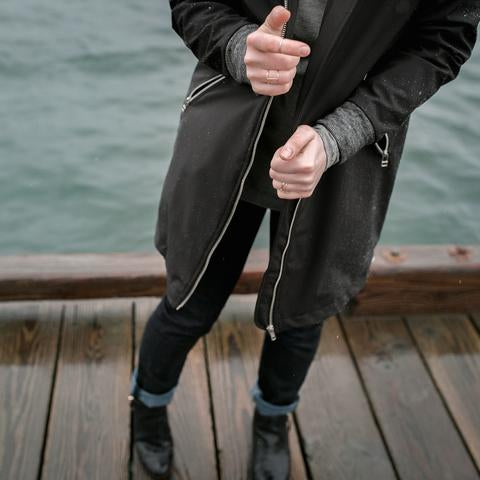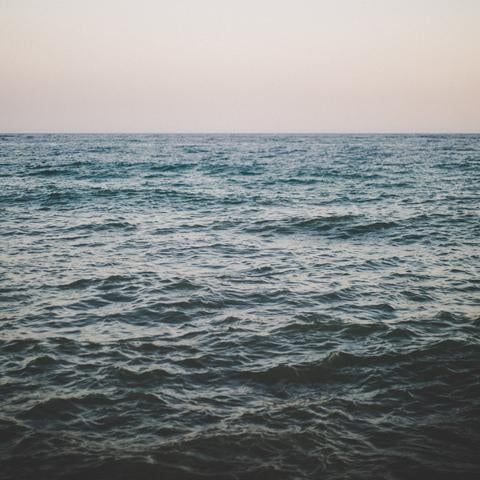
SALT STATEMENT | Plastic Free Operations

At the beginning of this year, we sat down to set our 2018 intentions. We cleared our minds and asked ourselves what we really wanted to accomplish this year. Not heavy at all, right?? A big theme that is always on our minds is keeping plastics and other garbage out of our precious oceans. So we had to ask ourselves, "What else can we be doing to prevent this problem?" Again, so many things! We always try to be conscious in our every day lives, but we wanted to go beyond that. So, we made a big goal that we'd like to share with you: SALT is plastic free in our daily operations by the end of 2018.
We are excited! This goal will be a filter to keep us conscious of every decision we make from now on. From design to production to inventory to your home, what along our supply chain incorporates plastic? There will be things we can't control, but what we want to focus on is that when you take home an item that we have created, no plastic follows you.
We are putting our brains towards things like finding sustainable options for our hangtags and labels. That means no plastic tag fasteners. We are exploring sourcing product tags made from an organic material like cotton that can be printed or embroidered. Our paper shoppers are already plastic free, but we do need to source a new option for our shipping packaging that will keep your items safe without using plastic. (Have you heard about the advancements mushroom packaging has been making?? Pretty rad!)
Every year, billions of tons of plastics end up in our oceans, which is pretty intense considering all those plastics were produced on land. Humans are the ones letting them make their way to our waters. As we have discussed before, one-time use items like straws, bottles, and bags are big culprits. Our marine life are suffering, as they mistake these items for food, or become entangled in garbage that eventually drowns them. Plastic debris releases toxins into the water, effecting marine ecosystems and habitats, which eventually make it full circle back into the food sources we pillage from the waters. Salmon with a side of BPA anyone?
There are some times when plastic can be a good option, or at least a long-lasting one. For example, we use mason jars a lot in out lives. For storage, for preserving, as a cup or bowl. The metal lids that are used have a thin band of silicone on the bottom to create a seal. These lids can be used only once for canning and many times after to store dry goods, but when consistently using them to cap off a container filled with liquid, the lids tend to rust and eventually wear out. The silicone makes this lid difficult to recycle. They can be re-purposed to things like garden markers, but in terms of a lid for your drinking jar, a re-useable plastic option can actually last longer. If you get a quality one and take care of it, you could use it for a lifetime.
The tricky thing is, what happens long term? Most mainstream plastics are produced with polymers that won't breakdown for centuries. We have got to change our mentality as a society. The "produce now, worry about it later" attitude can only last so long, and at what cost? Our planet will reach a breaking point eventually, one we would rather not test.
In the current state of the world, running a small business and still having complete control over your supply chain can be challenging. There is a lot of trust involved, and also a lot of research. We hope that this year, we can take big steps in our own operations to make our business as sustainable as possible. We want to be mindful of the little details that we can make a choice about and to be constantly educating ourselves on how we can do better. We love our Oceans and our Earth!
We work to source from other small companies who are just as conscious as we are. Check them out and always let us know if you have any questions about the other brands we carry!

